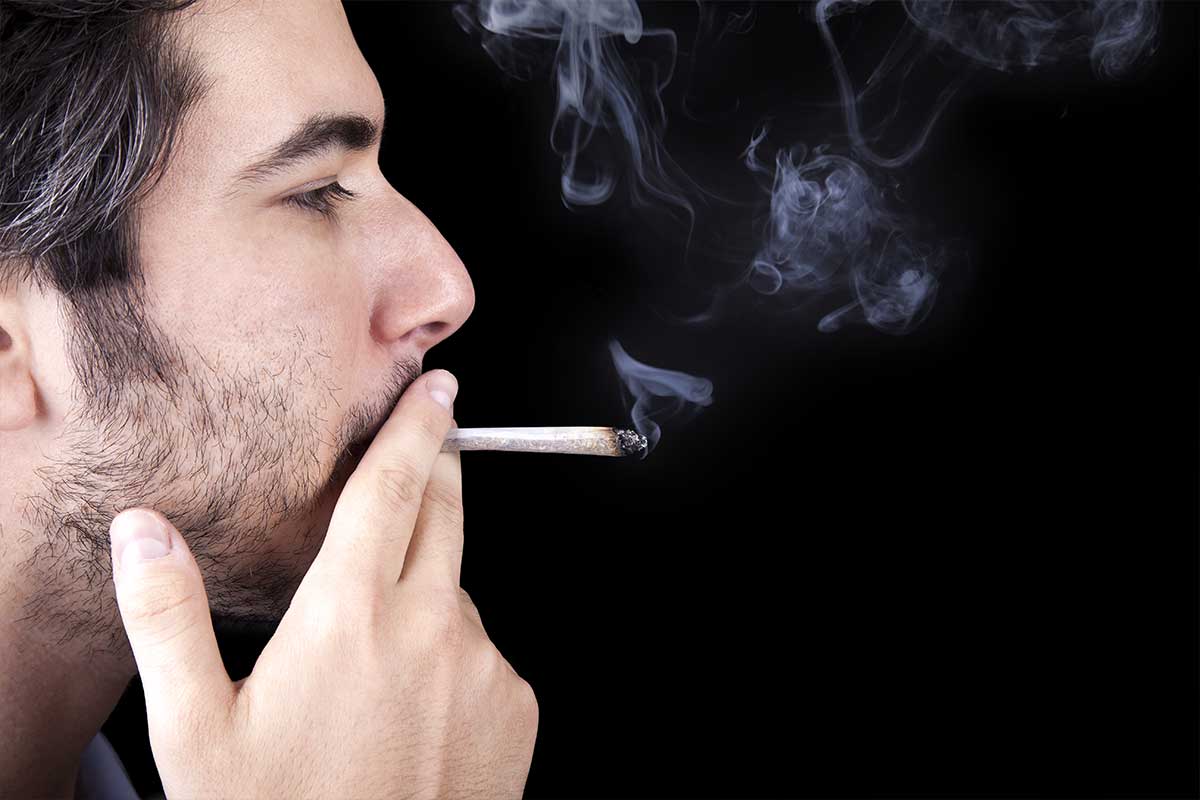Marijuana is a popular drug that many teens experiment with alongside cigarettes and alcohol. To some, marijuana seems relatively harmless and less likely to lead to addiction than other substances. Plenty of adults who smoke weed view it as a natural substance that helps them wind down at the end of a long day. Is marijuana really as innocent as it appears? Is it possible to develop a weed addiction?
If you find yourself dependent on marijuana to get through your day, TruHealing Cincinnati can help you break the habit. Our comprehensive approach to addiction treatment includes counseling, complementary therapies, and physical fitness to help you adjust to life without weed dependence. Call us today at 888-89-SOBER to learn how we can help you drop your addiction and move on to a healthier, happier life.
Is Weed Addiction Possible?
You may be surprised to learn that it is possible to develop a weed addiction. Even if you or someone you know smokes weed regularly, you may not think of them as addicted since the symptoms do not often present themselves the same way as other drugs and alcohol. Also, marijuana use disorder is more often associated with dependence than addiction, and it is possible to be dependent on a substance without having a full-blown addiction.
So how is it possible to have a marijuana addiction? THC, the active ingredient in marijuana, activates receptors in the brain associated with relaxation and happiness. The brain responds by shutting down receptors, and over time, it will require marijuana to experience those positive feelings.
Although you may have used marijuana recreationally in the past, you can still develop a dependence or an addiction to it. Several factors make this more likely now:
- Marijuana potency has increased over the years.
- The THC content in marijuana is sometimes up to four times as strong as several decades ago.
- People may not be aware of the increased potency of their marijuana and are not adjusting their usage accordingly.
There has been some speculation that the increased potency of weed may be responsible for the increase in emergency room visits by people under the influence of marijuana.
How to Know if You Are Suffering from Marijuana Addiction
If you believe your marijuana use is casual and harmless, you may want to learn about the signs of marijuana addiction. Sometimes, people do not realize they have a dependence or addiction until they are too deeply entrenched. For the sake of caution, consider this list of signs that you may be suffering from weed addiction:
- Insomnia
- Low mood
- Irritability
- Changes in appetite
- Weed cravings
- Anxiety
- Prioritizing weed over other responsibilities
- Problems at work or school
- Self-isolation
If you need to smoke weed to feel relaxed or happy, it may be time to consider quitting the habit. With the help of weed rehab, you can heal your brain and body and regain your natural happiness.
How Does Weed Rehab Work?
Unlike rehab for other substances, weed rehab is focused mainly on therapy. Your withdrawal symptoms will not be as severe as those from other drugs and alcohol, so you will not need medication-assisted treatment. During treatment for weed addiction, you will receive therapy that focuses on:
- Stress management
- Problem-solving skills
- Cultivating healthy habits
- Finding ways to relax and enjoy yourself without substances
- Identifying and eliminating triggers
By learning how to find satisfaction in your life without substances, you can eliminate your need for marijuana.
TruHealing Cincinnati: Your Solution to Weed Addiction in Ohio
To get help for weed addiction in Ohio, you can count on TruHealing Cincinnati. Our weed rehab focuses on helping you get through withdrawal while teaching you coping skills that will help you avoid or manage triggers. When you are ready to learn how to achieve happiness and stress relief without the use of weed, give us a call at 888-89-SOBER.

